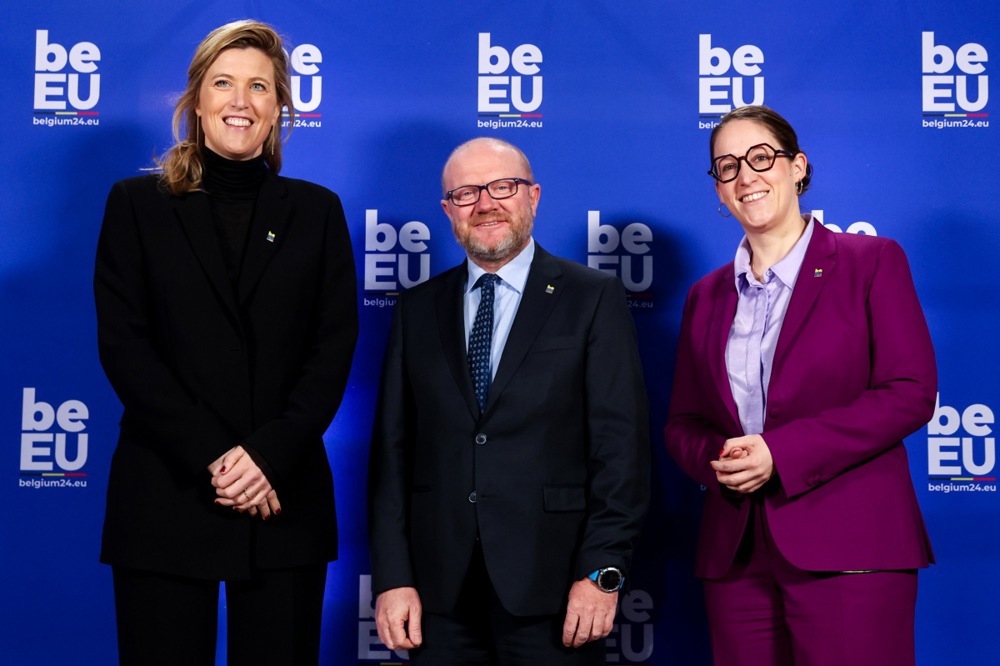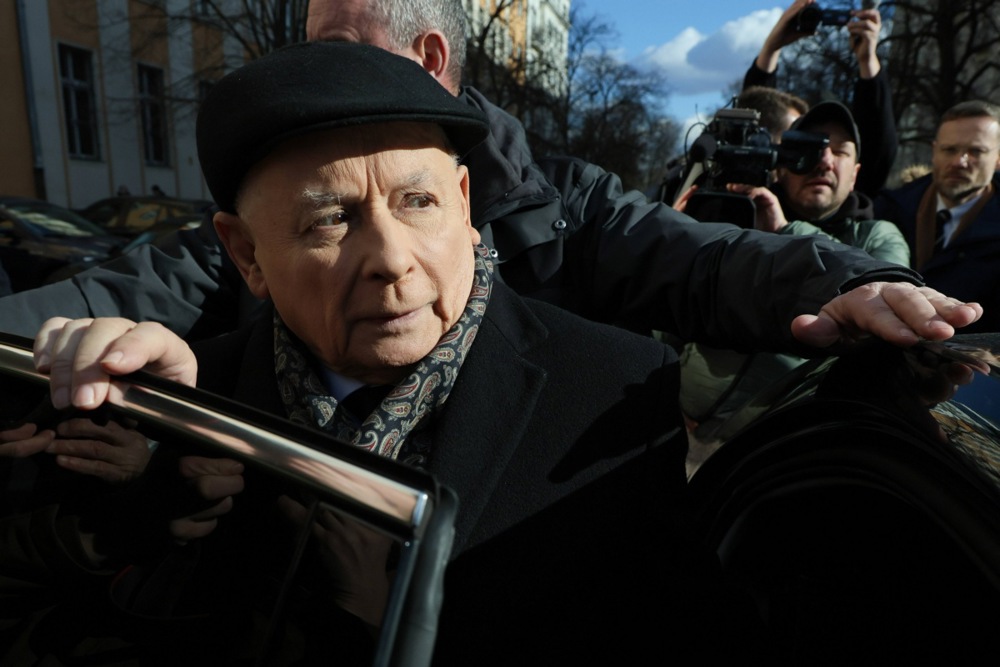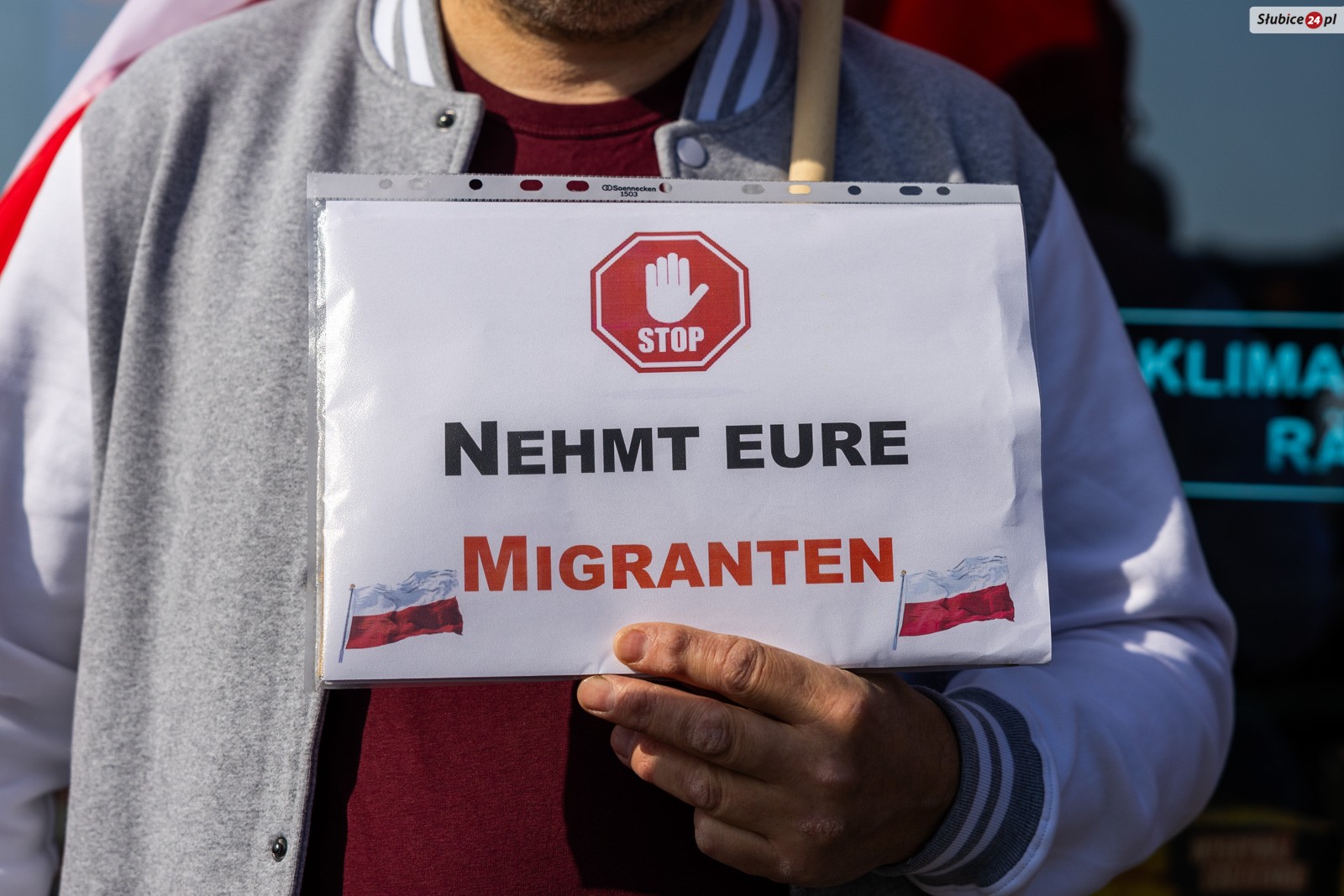The Polish region of Małopolska, controlled by the opposition Conservatives (PiS), has refused to participate in government plans to establish European Union-funded integration centres for migrants.
The PiS said that was because it feared the centres would encourage illegal migration into Poland and motivate Germany to send back migrants to Poland that Berlin claimed had arrived illegally in the country.
The move came in response to a decision by the government to open 49 centres around Poland, some of which are already operating. They are intended to help existing migrants via Polish language courses, vocational training, legal and psychological support but not housing.
“Małopolska will not participate in the call organised by the interior ministry as part of the implementation of integration centres for foreigners,” Łukasz Smółka, the PiS head of the regional authority declared on April 16.
PiS’s press spokesman Rafał Bochenek said the party “does not see the need to create such centres” and declared that “the idea suggested by interior minister Tomasz Siemoniak to set them up will not be implemented”.
In other parts of the country including the northeast city of Suwałki, local residents have launched a petition against a planned centre, a move that which has been backed of the local council.
Former PiS prime minister Mateusz Morawiecki visited the residents and declared: “We do not want illegal Muslim migrants who change the culture, national identity and violate the safety of our cities and streets.”
The campaign against the migration centres was also supported by the other opposition right-wing party, the Confederation. It declared that Poles were afraid that the integration centres were a prelude to the EU relocating illegal migrants in the country.
The ruling Civic Coalition, the party led by Prime Minister Donald Tusk, argued that the centres were necessary to help legal migrants integrate. It claimed Małopolska was “shooting itself in the foot” because it would otherwise have been entitled for help from the EU in dealing with migration.
In October, the European Commission revealed that Poland would establish 49 new “integration centres for foreigners” across the country to “provide standardised services to newly arrived migrants and serve as platforms for cooperation between local authorities, the government and NGOs”.
EU-funded integration centres have already been established in Małopolska, including one in the provincial capital, Kraków, and three other locations. The pilots for these had been run during the life-time of the last PiS government (2015-2023).
In the past few years Poland has experienced unprecedented levels of immigration and the highest in the EU, with the country issuing more residence permits than any other member state seven years running.
The majority of migrants arrivals have been from Ukraine, with large numbers also from other former Soviet States such as Belarus and Georgia. There has also been growing numbers of migrants from Asia.
Migration has become an important issue in the ongoing presidential election campaign, leading the government to introduce a tough new strategies that have included suspending asylum rights. Tusk and his party have also accused the PiS of having failed to control migration when last in office.
The PiS has denied that, arguing the migration it allowed was purely for workers. It, in turn, accused the Tusk government of allowing Germany to send illegal migrants back to Poland, even though such transfers also took place while PiS was in office.





